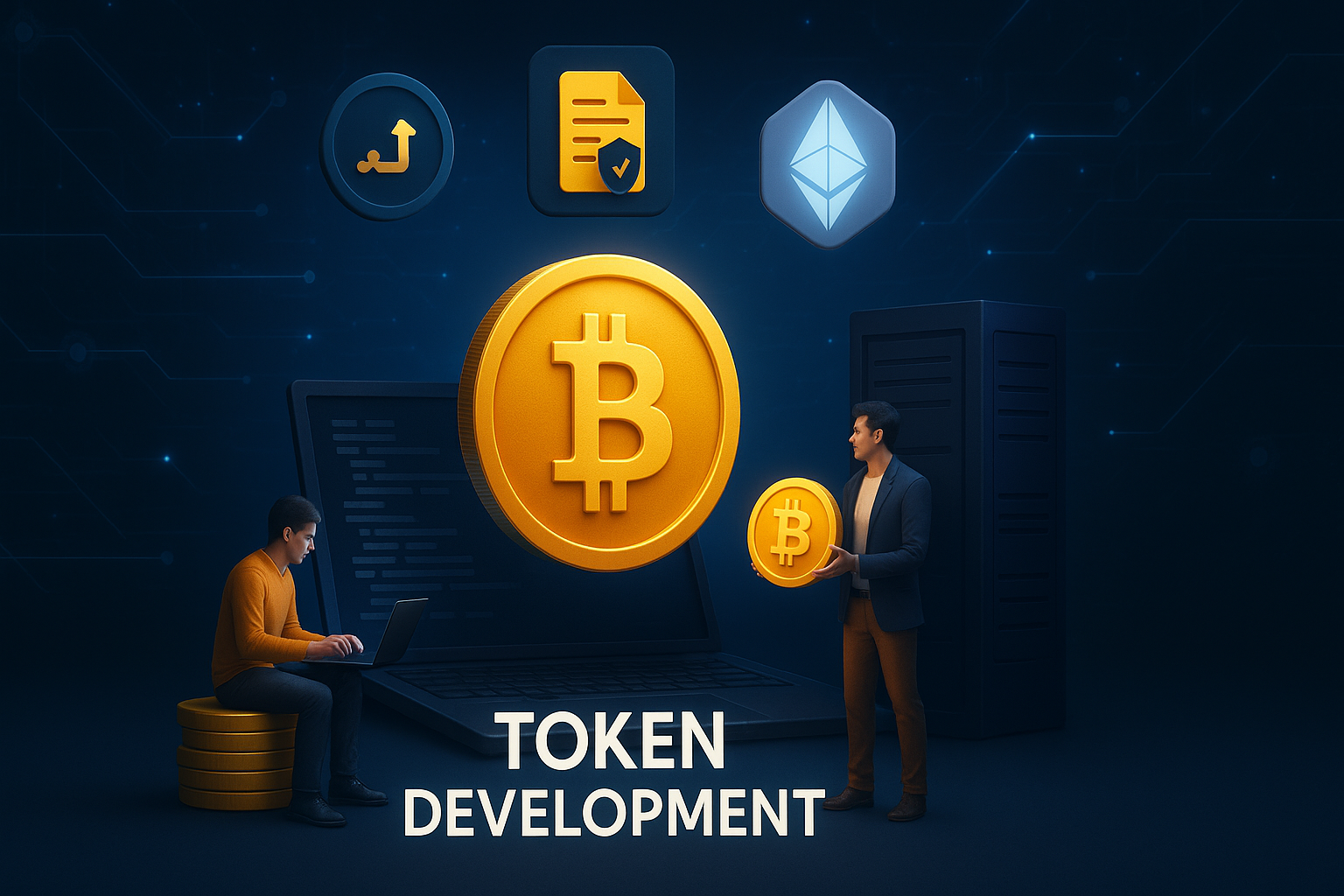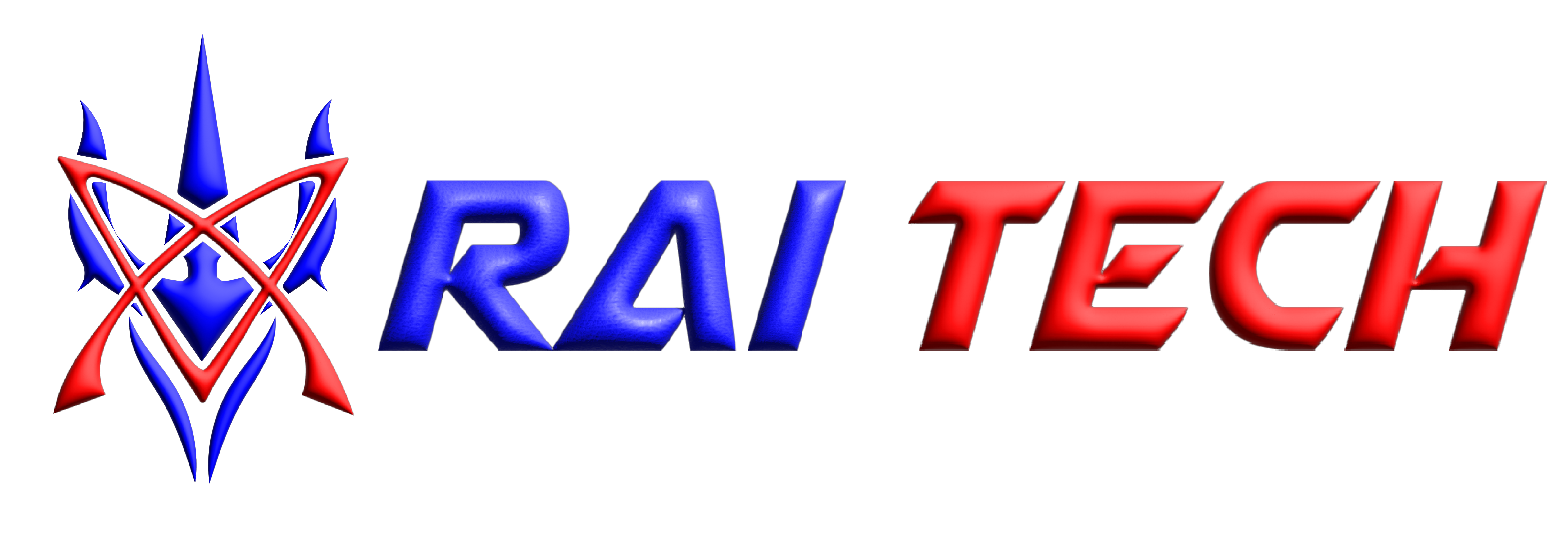
Token Development: A Comprehensive Guide
Written by Rai Tech Corporation
Introduction
Token development is a cornerstone of the blockchain revolution, enabling projects to create digital assets that power decentralized economies, applications, and ecosystems. Whether you aim to launch a cryptocurrency, utility token, security token, or non-fungible token (NFT), understanding the token development process is essential for success.
At Rai Tech Corporation, we specialize in delivering end-to-end token development solutions tailored to your project’s unique goals and industry requirements. This guide covers the fundamentals, development steps, token types, and real-world applications to help you navigate the token creation journey.
What is Token Development?
Token development involves designing, coding, testing, and deploying digital tokens on blockchain platforms. These tokens represent value, rights, or assets and operate based on smart contracts—self-executing programs that automate token behavior and enforce rules without intermediaries.
Tokens can serve various purposes, including:
Cryptocurrencies: Digital currencies like Bitcoin or Ethereum used as a medium of exchange.
Utility Tokens: Provide access to products or services within a blockchain ecosystem.
Security Tokens: Represent ownership in assets like equity or real estate, subject to regulatory compliance.
Governance Tokens: Enable holders to vote on platform decisions and protocol upgrades.
Non-Fungible Tokens (NFTs): Unique digital assets representing collectibles, art, or virtual goods.
Why Develop a Token?
Tokens unlock new business models and user engagement methods by:
Facilitating decentralized finance (DeFi) services such as lending, staking, and liquidity provision.
Enabling fundraising through Initial Coin Offerings (ICOs) or token sales.
Creating incentives and rewards for community participation.
Digitizing ownership and enabling fractional asset trading.
Enhancing transparency and security via blockchain immutability.
Token Development Process
Step 1: Define Token Type and Purpose
Identify the token’s role based on your project’s objectives—whether it’s a payment token, utility token, security token, or NFT. This decision shapes tokenomics, technical requirements, and regulatory considerations.
Step 2: Select Blockchain Platform and Token Standard
Choose a blockchain that fits your needs. Ethereum remains popular due to its mature ecosystem and standards like ERC-20 (fungible tokens) and ERC-721/ERC-1155 (NFTs). Other blockchains like Binance Smart Chain, Solana, or Tron offer alternatives with different scalability and fee structures.
Step 3: Design Tokenomics
Define key parameters such as:
Total supply and issuance model (fixed, inflationary, deflationary)
Distribution mechanisms (airdrops, staking rewards, sales)
Utility and governance features
Transaction fees and incentives
Step 4: Develop Smart Contracts
Write secure, efficient smart contracts using languages like Solidity or Rust. These contracts govern token issuance, transfers, staking, voting, and other functionalities. Security is paramount—contracts must be resistant to exploits and bugs.
Step 5: Testing and Auditing
Deploy tokens on testnets (e.g., Rinkeby, Fuji) to simulate real-world usage and identify vulnerabilities. Conduct thorough security audits with third-party firms to ensure contract robustness and compliance.
Step 6: Deployment and Launch
After successful testing and audit clearance, deploy the token on the mainnet. Coordinate marketing, community building, and token distribution strategies such as ICOs or IDOs to maximize adoption.
Step 7: Post-Launch Support and Upgrades
Monitor token performance, gather user feedback, and implement updates or governance proposals to evolve the token ecosystem sustainably.
Real-World Use Cases
DeFi Platforms: Tokens power lending, borrowing, yield farming, and decentralized exchanges.
Gaming and Metaverse: NFTs and utility tokens enable in-game assets, rewards, and virtual economies.
Supply Chain: Tokens track provenance and automate payments.
Fundraising: Security tokens digitize equity and streamline investor participation.
Governance: DAO tokens empower decentralized decision-making.
Why Choose Rai Tech Corporation?
With deep expertise in blockchain, AI, and smart contract development, Rai Tech Corporation offers:
Custom token design aligned with your business goals
Secure and scalable smart contract development
Comprehensive testing and audit facilitation
Seamless deployment and integration support
Strategic guidance on tokenomics and market launch
Partner with us to create innovative, compliant, and future-proof tokens that drive your project’s success.


